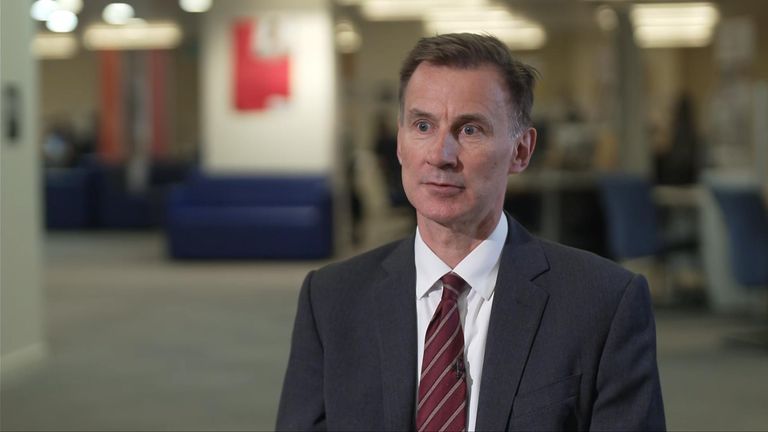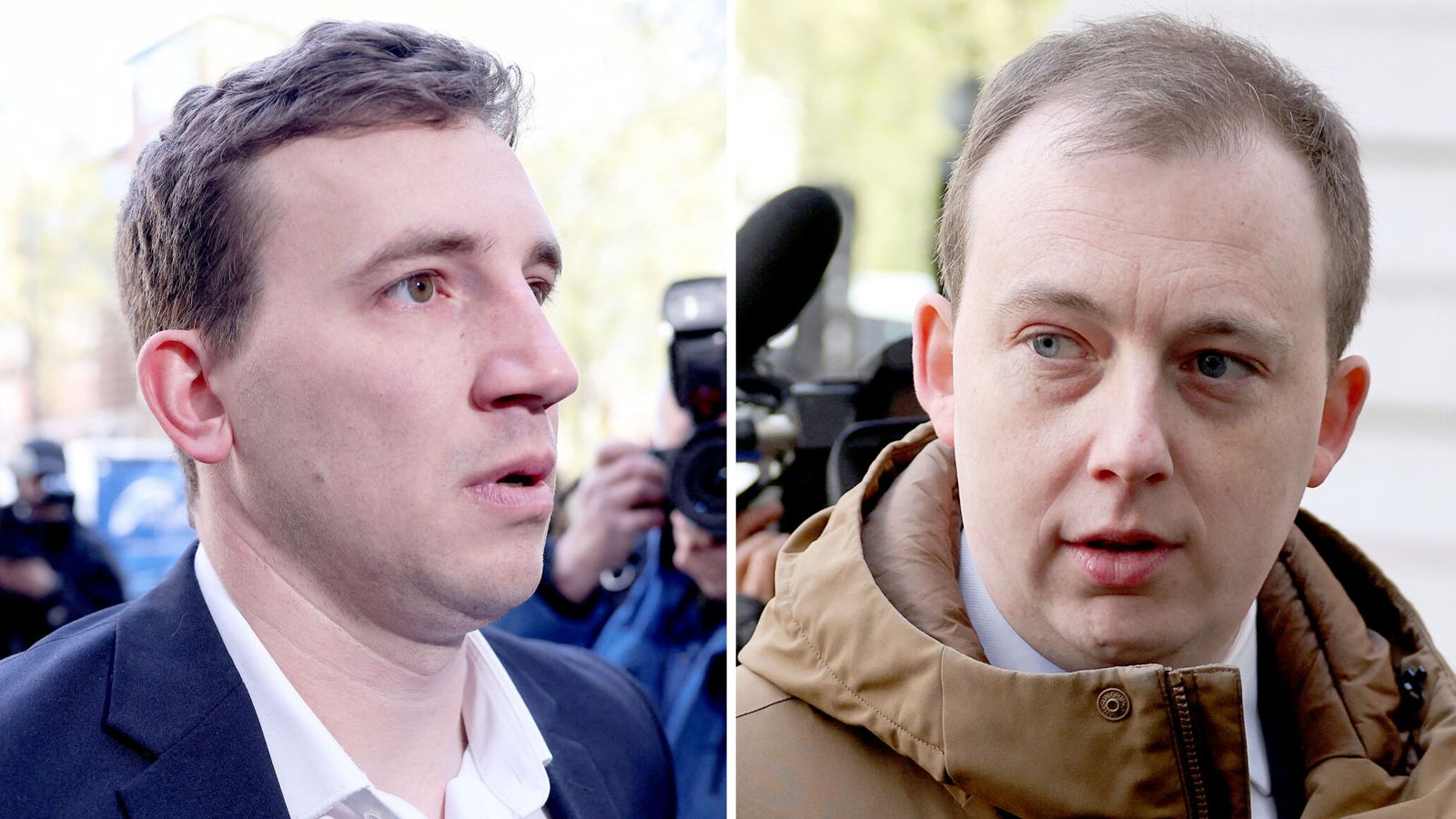
Suella Braverman has called for changes to her own Illegal Immigration Act to revive the Rwanda deportation scheme – admitting there is “no chance of stopping the boats within the current legal framework”.
The former home secretary has criticised the bill she introduced and passed in parliament in July, in her latest intervention since being sacked earlier this week.
In an opinion piece for The Daily Telegraph, she welcomed the prime minister’s pledge to “introduce emergency legislation” for flights to take off after the Supreme Court ruled this would be unlawful.
Politics latest: James Cleverly briefly forgets where he works and makes sly digs
However she said his plan to strike a new treaty with Rwanda to address the judges’ concerns will not solve the “fundamental issues”, saying for this to happen, “parliament needs to amend the Illegal Migration Act” .
Ms Braverman suggested five changes including – addressing the Supreme Court’s concerns by taking “practical steps to improve Rwanda’s asylum system” and “excluding all legal avenues of challenge” so flights can take off before the next election.
She also proposes amending the Immigration Act so that arrivals are removed within days and not months, excluding legal challenges to detaining people on arrival in order to “avoid burdening the courts” and introducing the emergency legislation by the Christmas recess and recalling parliament “to sit and debate it over the holiday period”
Echoing calls from other Tory MPs she wrote: “The entirety of the Human Rights Act and European Convention on Human Rights, and other relevant international obligations, or legislation, including the Refugee Convention, must be disapplied.”
She added: “There is no longer any chance of stopping the boats within the current legal framework.
“Having committed to emergency legislation, the prime minister must now give parliamentarians a clear choice: to either properly control illegal migration, or explain to the British people why they are powerless under international law and must simply accept ever greater numbers of illegal arrivals on these shores.”
Read more:
Why Sunak’s promise looks extremely hard to keep | Beth Rigby analysis
Explainer – how did the government policy end up in the courts?
Mr Sunak is under pressure to explain how he intends to circumnavigate human rights laws and international conventions following the Supreme Court ruling.
In its ruling, the UK’s highest court said the Rwanda scheme was not lawful because there was a risk that people sent there could be deported to the countries they are fleeing from (a term known as refoulement).
The judges said this fell foul not only of the European Convention on Human Rights (ECHR), which many Tory MPs want to leave, but also other international treaties and the UK’s own domestic legislation.
Sky News understands the New Conservatives group – a cohort of predominantly red wall MPs on the right of the party -plan to write to the prime minister demanding the promised new legislation be “over-engineered” so it can see off potential further legal challenges.
The group will make three requests to stop this from happening, including that the new legislation disapplies the UK Human Rights Act.
They will say it should also include “notwithstanding” clauses in order to override any international treaties or laws that could block the plan.
And they also want to give ministers powers to disregard so-called “pyjama injunctions” – which are last-minute orders from judges that could stop planes from taking off.
The group of MPs wants the legislation to be drawn up immediately, so it can be in place before the next general election.
Mr Sunak has staked his premiership on a promise to “stop the boats” with the Rwanda plan seen as central to fulfilling that pledge,
But with an election due by January 2025 at the latest, time is running out to pass new legislation, which can take months.
Earlier, Chancellor Jeremy Hunt said he could not guarantee flights will go to Rwanda next year – apparently contradicting Mr Sunak’s position on Wednesday that the scheme will be up and running by spring despite the Supreme Court ruling.












